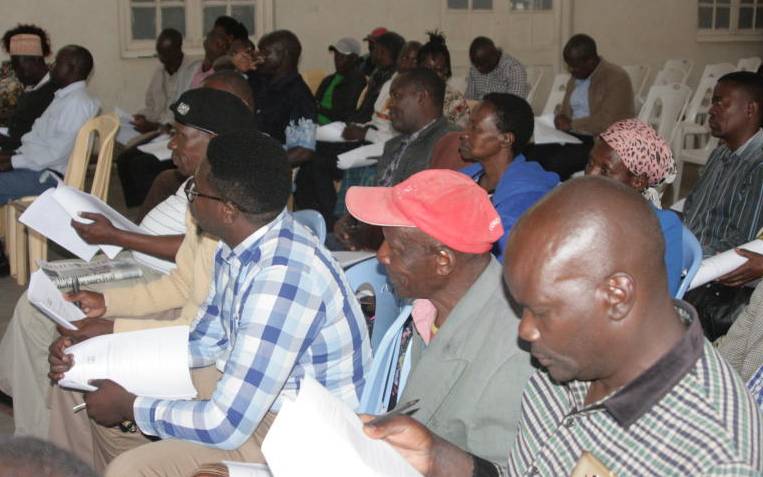×
The Standard e-Paper
Kenya’s Boldest Voice

Residents of Nakuru during public participation on Data Protection Bill, 2019. The bill was aimed at safeguarding personal data. [Mercy Kahenda, Standard]
Last week, this writer received a phone call from someone supposedly calling from the Safaricom customer care centre.